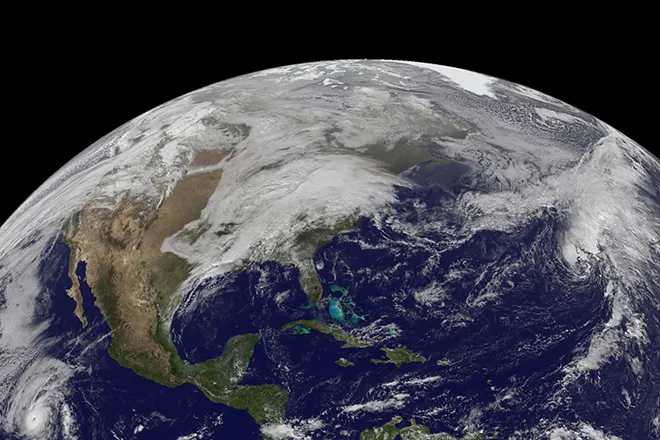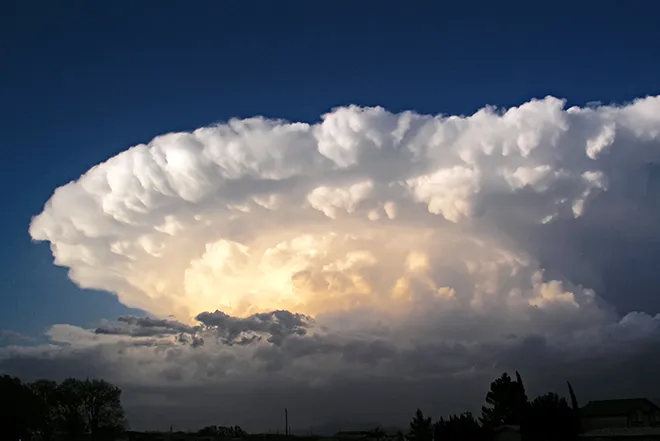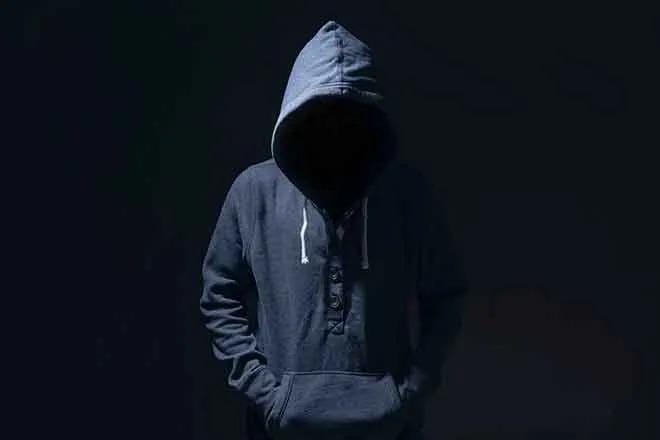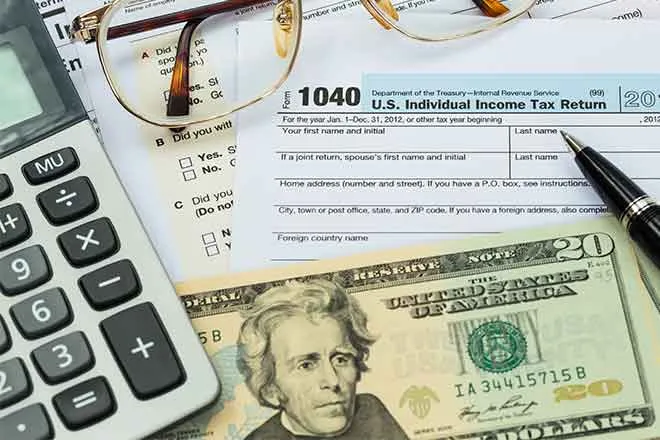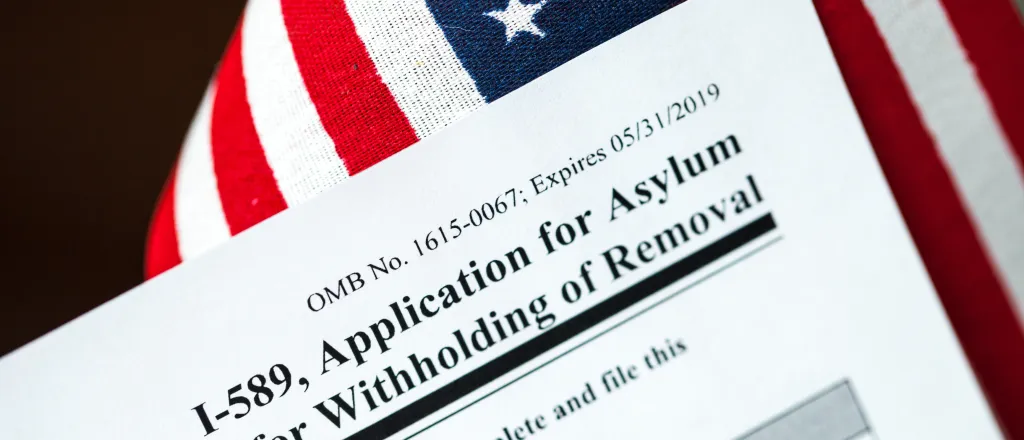
Trump’s first hours in office put Aurora on edge
A potent blend of viral video clips, wild exaggerations and outright lies brewed by supporters of restrictionist immigration policy have made a Denver suburb an unlikely potential stage for the launch of President Donald Trump’s mass deportation agenda.
Trump was sworn into office for his second term on Monday, promising during his inaugural speech in the Capitol Rotunda to deport immigrants “at a level nobody has ever seen before.” His first hours in office included a host of executive actions aimed at restricting border crossings, shutting down asylum applications, ousting the leadership of the federal immigration court system and more. Officials in the new administration outlined plans for an aggressive immigration crackdown in the days, weeks and months to come.
It’s the fulfillment of a 2024 presidential campaign defined by nationalist rhetoric and harsh, often baseless attacks on immigrants, including during an Oct. 11 stop on the outskirts of Aurora, where Trump repeated sensational falsehoodsabout a city that he said had been “invaded and conquered” by the Venezuelan gang Tren de Aragua, or TdA.
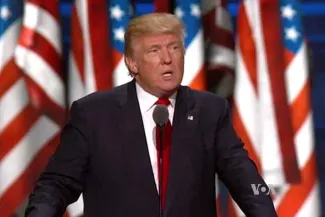
President Donald Trump. Courtesy Voice of America.
Trump’s visit came weeks after a widely-circulated excerpt of surveillance footage showed alleged gang members entering a unit at an Aurora apartment complex while heavily armed, fueling claims by far-right local political figures who alleged, in the words of Aurora City Council member Danielle Jurinsky, a “complete gang takeover of parts of our city.”
Such assertions were widely ridiculed by locals familiar with the sprawling and diverse municipality of Aurora, where over 400,000 residents occupy a 163-square-mile area extending from busy urban corridors near Denver to leafy subdivisions, golf clubs and hiking trails that spill into the Colorado prairie to the east. Police and city officials in Denver and Aurora have consistently said the TdA gang’s presence in the area is “isolated” and relatively small. Tenants in the apartments at the center of the controversy, while acknowledging some criminal activity, have pinned blame for the situation on an absentee landlord, CBZ Management, and they’re backed up by years of complaints documenting habitability issues at CBZ-owned properties long before migrants arrived.
None of that slowed the flood of lies and distortions from Trump and his allies. Trump cited Aurora twice during a Sept. 10 debate with Democratic presidential nominee Kamala Harris, and during his speech a month later at the Gaylord Rockies Resort and Convention Center he promised to launch a new effort to “hunt down, arrest and deport” undocumented immigrants linked with crimes, which he said would be called “Operation Aurora.”
In the early hours of Trump’s second presidency, no official confirmation of such an operation had yet been made by federal law enforcement agencies. But community members and immigrant advocates were on edge as Trump proceeded with a spree of executive actions and vowed an unprecedented national crackdown.
“Our communities thrive when everyone — regardless of immigration status — can live with dignity, safety, and the freedom to pursue their dreams,” Henry Sandman, co-executive director of the Colorado Immigrant Rights Coalition, said in a statement Monday. “Together, we will defend every family and every neighbor from policies rooted in hate.”
“The city, including the Aurora Police Department, focuses on enforcing state and local law and does not have a federal immigration function,” Ryan Luby, a spokesperson for Aurora, told Newsline ahead of Trump’s inauguration. “As we always have, we will work with our federal partners and follow federal law and directives as they apply to our community.”
“Until the incoming administration is in office and we have had the opportunity to carefully review any finalized plans, it remains inappropriate for us to speculate on next steps,” Luby added.
“I worry for my neighbors. I worry for the people who, frankly, are the backbone of Aurora’s culture and economy,” Juan Marcano, a former Aurora City Council member and candidate for mayor, told Newsline in an interview Monday. “This is a horrific thing. They don’t deserve this.”
False claims and exaggerations
An estimated 40,000 migrants, many of them Venezuelans lawfully seeking asylum, arrived in the Denver metro area beginning in early 2023. New arrivals peaked in January 2024 before dropping off precipitously, according to data from Denver city officials. By one estimate, no other metro area in the country absorbed as many new arrivals per capita as the Mile High City and its neighbors, including Aurora.
Despite repeated claims by Trump and his allies that this influx of migrants led to “skyrocketing” crime rates, the opposite is true: Consistent with national trends, crime rates in Aurora, the Denver area and Colorado as a whole have declined since late 2022. Aurora recorded 37 homicides in 2024, the city’s lowest figure in four years, and overall rates of violent crime and property crime in the city continued to fall, according to data from the Colorado Bureau of Investigation. Studies have consistently shown that U.S. immigrants broadly, and undocumented immigrants specifically, commit crime at substantially lower rates than the native-born population.
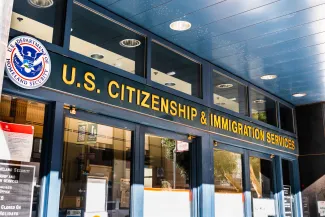
© Sundry Photography - iStock-1189510256
The first claims of Venezuelan gang activity at three Aurora properties owned by CBZ Management appeared in a private report prepared by a Denver law firm conducting an investigation on behalf of the mortgage lender for one of the properties. The report was shared with city officials in July. All three CBZ-owned complexes had racked up years of city code violations over a wide range of habitability issues, and living conditions at one were bad enough that they even made local headlines as early as 2021.
In early August, as Aurora moved forward with plans to condemn one of the properties, a publicist hired by CBZ Management contacted local media to claim that the TdA gang had “taken over several communities in the Denver area,” and left “residents and building owners … in a state of fear and chaos,” according to an email obtained by the New York Times.
At the time, Aurora Mayor Mike Coffman, a former Republican member of Congress, derided CBZ Management as a “slumlord” and said the claims about gang activity were “grossly exaggerated.” But Jurinsky — the most prominent of a handful of far-right Aurora political figures that also included former immigration official and GOP congressional candidate John Fabbricatore — made a series of national media appearances describing the “takeover” in lurid terms, alleging that gang members were “going block by block” and operating sentry networks that controlled access to the properties in question.
In late August, a 15-second video clip captured by a doorbell camera at one of the CBZ-owned complexes catapulted the story into the national spotlight. The footage showed a group of armed men knocking on an apartment door and entering the unit; law enforcement officials at the time declined to comment on the specifics of what the video may have shown, though a shooting was reported outside the complex the same night.
In the ensuing months, creditors have taken control of at least two properties formerly owned by CBZ Management, and city officials are moving forward with an emergency order to shut down a third by mid-February.
Though police officials have continued to reject claims that any apartment complexes were systematically taken over by Tren de Aragua, periodic reports of violent crime at or near the properties in question have continued to stoke fears about its influence, including a brutal incident in December in which a Venezuelan couple were allegedly kidnapped and tortured by members of the gang.
Nine people have been formally charged in that incident, and were placed in federal immigration holds along with seven other suspects taken into custody by Aurora police. Arrest warrants were issued for three other suspects in the incident, and at least six other suspected TdA members had previously been taken into custody and charged with other crimes.
Far-right rhetoric
While campaigning for a second term, Trump attacked undocumented immigrants for their “bad genes” and accused them of “poisoning the blood of our country,” rhetoric that drew widespread comparisons to remarks by Adolf Hitler and other far-right nationalist leaders. His top immigration adviser, Stephen Miller, said during last year’s Aurora rally that Trump would create “a country of, by and for Americans, and Americans only.”
Trump has pledged to deploy the National Guard to forcibly deport as many as 25 million people from the U.S., and he has frequently compared the scope of his plans to a 1954 U.S. government operation named after a racial slur for Mexicans living in the United States, which deported an estimated 1.1 million people to Mexico. The crackdown resulted in conditions on trains, trucks and cargo ships that a later congressional investigation likened to “slave ships” and led to the deaths of at least 88 deportees.

© Delpixart - iStock-607610082
“We’re going to have the largest deportation in the history of our country,” Trump said at a campaign rally in September. “And we’re going to start with Springfield (Ohio) and Aurora.”
Multiple news outlets, however, have reported that the first large-scale immigration enforcement operation of Trump’s second term would come in Chicago beginning on Tuesday.
Press representatives from the Colorado National Guard did not immediately respond to inquires from Colorado Newsline on Monday. The National Guard Bureau of Public Affairs wrote in an email that it could not comment “on orders that haven’t been received yet nor are we able to speculate on units that may potentially receive orders in the future.”
Asked about the potential for National Guard mobilizations, a spokesperson for Governor Jared Polis said the state is “not currently aware of new enforcement actions.”
“We are closely monitoring for any changes in federal policy,” spokesperson Shelby Wieman said in a text Monday.
“We’re going to depend on our community to organize, to rally together to protect our neighbors in the face of what is to come,” said Marcano. “Because the first time, Trump was malevolent but incompetent. This time he is malevolent and more experienced. So I think that people are going to feel these impacts much faster and much more severely.”
Newsline’s Quentin Young contributed to this report.
Colorado Newsline is part of States Newsroom, a nonprofit news network supported by grants and a coalition of donors as a 501c(3) public charity. Colorado Newsline maintains editorial independence. Contact Editor Quentin Young for questions: info@coloradonewsline.com.

